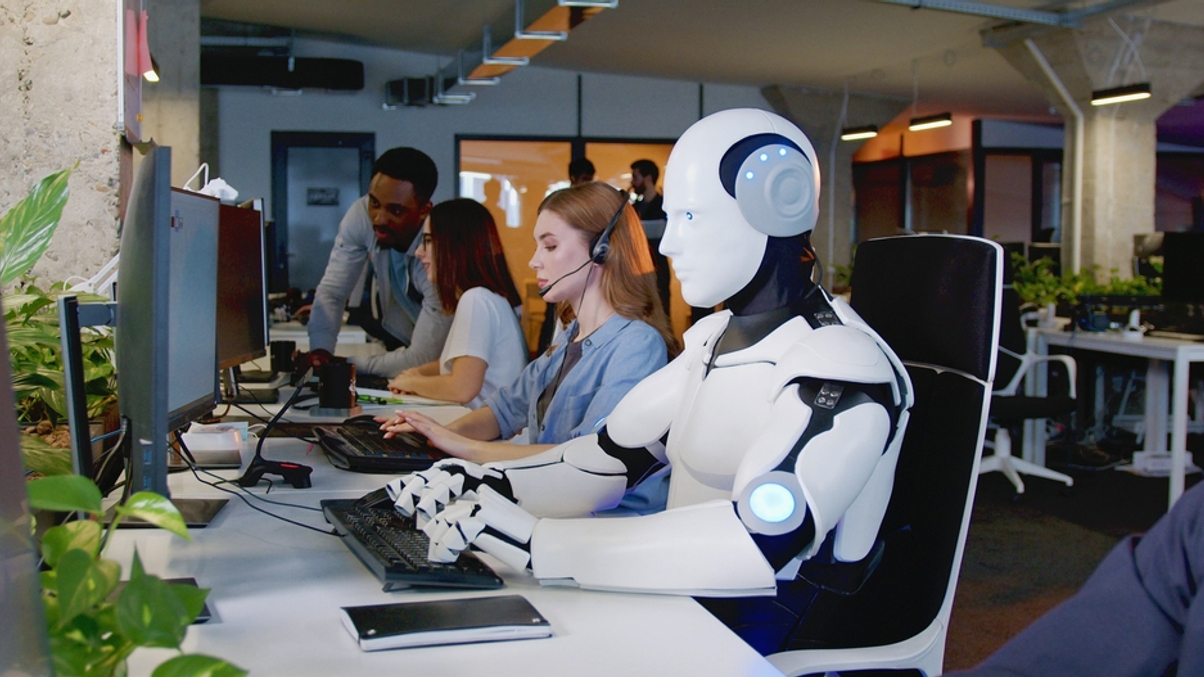Family office scouts for opportunities leveraging AI tech
Single-family office Click Ventures sees autonomous AI-powered robots and real-time decision making cars in the near future, its MD says.

Single family office Click Ventures, which is based in Singapore and Hong Kong, is actively pursuing opportunities in artificial intelligence (AI) that allows companies to scale operations, personalise customer interactions, and make rapid data-driven decisions.
Sign in to read on!
Registered users get 2 free articles in 30 days.
Subscribers have full unlimited access to AsianInvestor
Not signed up? New users get 2 free articles per month, plus a 7-day unlimited free trial.
¬ Haymarket Media Limited. All rights reserved.


